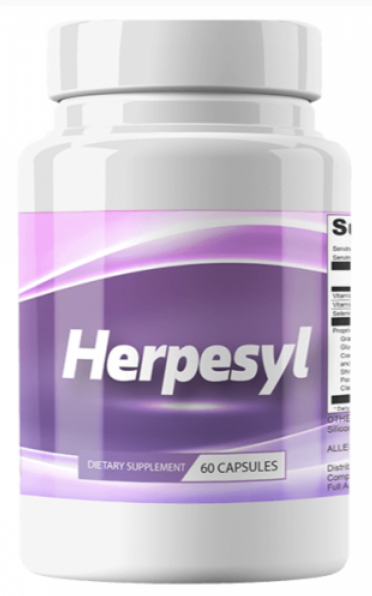Herpes prodrome symptoms are the warning signs of a coming outbreak: symptoms, but no sores. Sometimes no sores show up, but the virus is active and you could be contagious. Prodrome symptoms can include tingling, pinching, itching sensations in the genital area or legs. So how do you know, and what do you do?

Examples of Possible Herpes Prodrome Symptoms
The early signs of an outbreak can be hard to describe, yet many people come to recognize them with time.
According to the CDC’s website, prodromal symptoms can take place hours to days before any sores appear. They can include:
- itching in the affected area
- “tingling” or “pinching” sensations
- muscle tenderness
- shooting pains in the buttocks, legs, or groin
- in some people, nerve pain in the leg
What to do for herpes prodrome symptoms?
These prodromal symptoms can serve as a good reminder to check in with everything you are doing that may be an outbreak trigger for you, and adjust accordingly.
There are also certain things to avoid during the prodrome stage, and steps to take to ensure you get better faster.
1. Take a Break from Sex
These warning signs are a good indicator that, if you are in a sexual relationship (with an informed partner, right?), you should take a break from sex. That’s because any warning signs of an outbreak mean the virus is becoming active and can become more contagious.
Even if you aren’t having an outbreak and just these “odd” prodrome sensations, this can be a sign of viral shedding. Asymptomatic viral shedding refers to any periods in which there are no outward signs of an outbreak, like sores, but the virus is becoming active and capable of spreading to others. Read our detailed article about viral shedding rates here. Always practice safe sex to keep your non-infected partner free of herpes.
And even if your partner and you both have herpes, the friction of sex can worsen prodromal symptoms and trigger the outbreak into taking place. And that would be uncomfortable and possibly completely avoidable.
2. Find Your Triggers
This is also a good time to check in with yourself on your diet and outbreak triggers — have you done something differently that may contribute to an outbreak? Common triggers are stress, excess arginine in the diet (almonds, chocolate), coffee, acidic foods, poor nutrition for herpes management, or a weakened immune system (from poor diet or stress, for example).
It may be helpful to learn about arginine and lysine in foods, and why it is believed that balancing your diet out with more lysine can prevent outbreaks. Check out this handy chart of lysine-arginine rations in food here.
This is a good way to find problem areas and fix them. If you find the culprit, weed it out. Either way, now is a good time to improve your diet, relax with meditation, yoga, or soft music, and anything else that helps you personally.
3. Antivirals
If you’re using Valtrex, acyclovir, or another prescribed antiviral, this could be a good time to start taking it.
The sooner you start your course of antivirals at the first sign of symptoms, the more likely you are to stop the outbreak from happening, or worsening. Seek your doctor’s advice about using medications or any alternative treatments.
In Conclusion
Herpes prodrome symptoms can manifest differently for different people, and are sometimes hard to describe. Always be in tune with yourself to learn what the signs are, and what to avoid. Be proactive in your management of herpes outbreaks and symptoms. And check out our articles about diet and natural remedies that also help to ward off outbreaks. You may also be interested in outbreak pain relief methods.
Sources:
- Corey L, Wald A. Genital Herpes. In: Holmes KK, Sparling PF, Stamm WE, et al. (editors). Sexually Transmitted Diseases. 4th ed. New York: McGraw-Hill; 2008: 399–437.
- CDC








